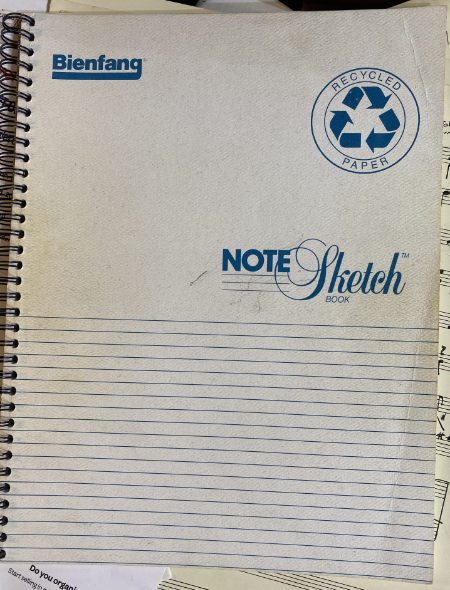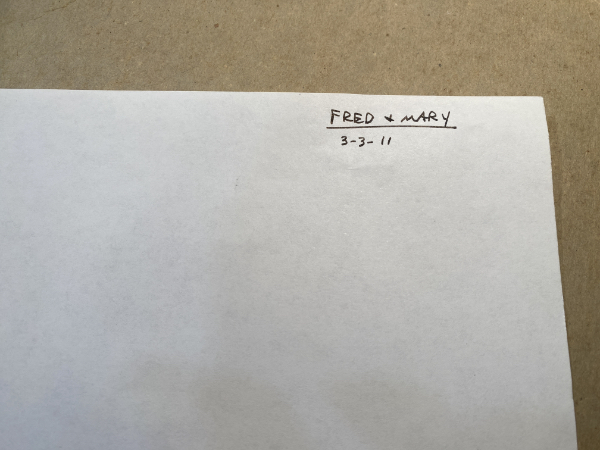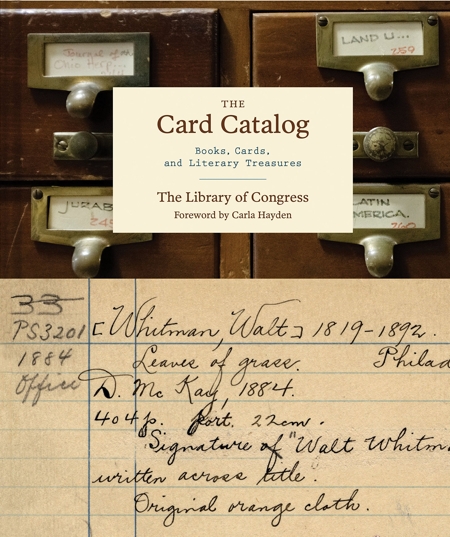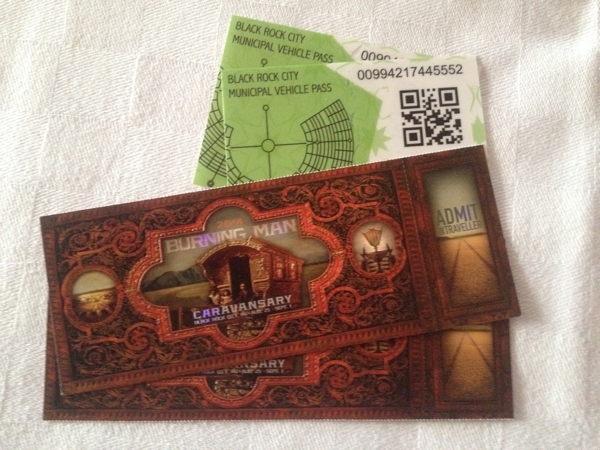Fifty years ago today, on June 14, 1970, my parents drove me onto the campus of Wesleyan College in Macon, GA, and left me there for eight weeks. I was one of 400 students selected for the seventh Governor’s Honors Program, and I was attending as an art major.
It changed my life, as we say in the business.
As is well documented elsewhere on this blog, GHP was a major part of my life from that day forward, culminating in my being hired as director for the program in 2011. Alas, in 2013, after the 50th summer, Governor Nathan Deal pulled the program out of the Dept. of Education into his own Governor’s Office of Student Achievement, and I was retired.
In one of the great ironies of my life, even if I were still the director I would not be able to stand in front of this year’s students and welcome them with the words, “Fifty years ago, I sat where you are sitting,” because like everything else GHP has been canceled for this year.
So here’s my speech.

Nearly 60 years ago, a woman named Margaret O. Bynum began pushing for more to be done for Georgia’s gifted and talented students. She spearheaded not only gifted education in schools and in colleges of education, she initiated, implemented, and developed what the Official Georgia Code describes as “an honors program for students in the public and private high schools of this state and for resident students who attend a home school program who have manifested exceptional abilities or unique potentials or who have made exceptional academic achievements.”
And so in the summer of 1964, 402 students from all over Georgia came to the campus of Wesleyan College in Macon, GA, and Margaret O. Bynum became the first ever Governor’s Honors Program director.
—————
[boilerplate welcome: GHP is the largest, longest-running summer program for the gifted, etc]
—————
“GHP is a life-changing experience.” Yeah, fine. Let’s talk about that for a moment.
Fifty years ago, I sat where you sit today. Think about that. When I was your age, “fifty years ago” meant before the stock market crashed, before The Grapes of Wrath or Gone With the Wind, before Stalin’s great purges or FDR’s first term.
For you, it means before the fall of Saigon, before Watergate, before the United States was even 200 years old. It was a long time ago.
In fact, let me make a little detour and tell you a quick story. Did you see the photos on the poster in the lobby, all the boys and all the girls at Wesleyan College in the very first GHP in 1964? They were sent to me by Gail Leven Pollock, whom I met a couple of years ago at a reception given by the GHP Alumni Association. She and another lady from that first summer were there, and I was really excited to meet them.
Because—I wanted to know what it was like, that very first summer. I know the program has changed a lot since my year, but what was it like that very first year.
And so I asked them: What was it like? How did it work? What did you get out of it?
As they began to tell me, I experienced the strangest time warp: their eyes lit up, and without hesitating they started talking about how it turned their world upside down; how freeing it was to be in an environment where everyone around them was as passionate not only about their subject matter but about learning in general; how it changed their lives forever. It was like listening to a student from last summer, not from 57 summers ago.
So here I stand, still saying the same thing I imagine you’ve heard from every person who ever attended the Governor’s Honors Program: “It changed my life forever.” And you’re wondering, “Are they all for real? Will it happen to me? Can it happen to me? What’s going to happen to me? How will it happen to me?”
That last question I can answer. For fifty years, we’ve been guided by the same two mandates. First, we must provide instruction that is significantly different from the regular high school classroom. Second, we must empower our students with the skills, knowledge and attitudes to become independent lifelong learners.
We do that. Do we change lives? Let’s do a quick demonstration. Faculty, if your life was changed forever as a student at GHP, please stand… Thank you.
Wait, there’s more. Faculty, if your life was changed forever as a teacher or staff member in this program, please stand… Thank you.
So.
Take your ID… I said, humor me here. Take your ID… and look at that picture. Are you looking? Good. You’re looking at the only person on this campus who can stop you, stop you from taking full advantage of this program, from succeeding in ways you never realized you could, from failing in ways you never thought you would risk, from changing your life forever.
—————
[boilerplate tough talk about expectations]
—————
On a more pleasant note:
I’m a huge Lord of the Rings nerd, or as most of us prefer to be called, a Tolkien scholar. The summer I attended GHP was the crest of the first big Tolkien revival wave, and when I got home the first thing I did was to go to the public library and ask for these books I’d been told about. Mrs. Wood had never heard of them, but she dutifully ordered them, and when they came in I checked them out, I went to my room, and I didn’t come out for a week.
Now, oh so many years later, after dozens of re-readings and close readings, I can discuss with you the difference between the Noldor and the Sindar, or how it’s not really a “trilogy,” or how Frodo was originally named Bingo, or why Peter Jackson can be forgiven for leaving out Tom Bombadil but should be horsewhipped for omitting Merry’s oath to Theoden or changing even a single word of Éowyn’s scene with the Nazgûl… but I digress.
Near the end of the movie version of The Return of the King, there’s a scene where our hobbit heroes are sitting in the Green Dragon, just sipping their half-pints while behind them their friends are discussing the merits of an admirably large pumpkin. There’s a look they give each other—I call it the GHP look—that you may have missed before, but that when you next see the movie, will break your heart: they know what the others don’t, because they’ve been there.
…
You’re about to go there, and back again.
—————
Now, it’s time for our next activity. Please listen carefully. After we are dismissed, we will proceed directly to the Palms Dining Center for supper. And I know what you’re thinking: “With whom will I sit?”
How many of you have a blog? Look around.
How many of you play a sport of some kind?
How many of you play a musical instrument? See, the music majors weren’t expecting that.
How many of you believe that Star Wars: Episode I was a complete mistake and a waste of all right-thinking people’s time, even in 3-D?
Well, good, now you have something to talk about with your 600 new friends in the longest line you will wait in this summer.
You will now go directly to the Palms for supper. This will be the longest line you will wait in this summer. But they will move you through quickly. Remember, that you must be on your respective halls promptly at 6:30 p.m. for hall check.
We are dismissed.




 Recently, the Library of Congress published a beautiful book, The Card Catalog: books, cards, and literary treasures. Because I am a
Recently, the Library of Congress published a beautiful book, The Card Catalog: books, cards, and literary treasures. Because I am a 
